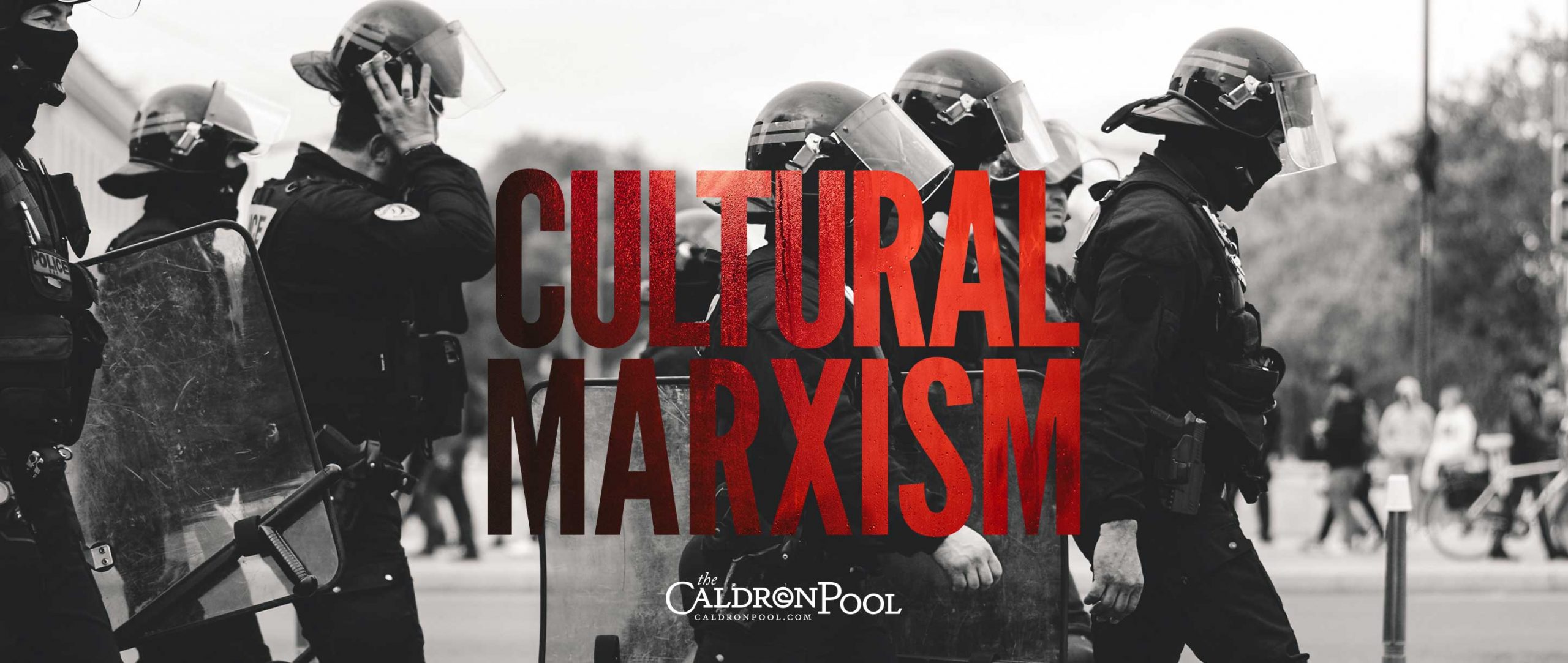Headlines around the world claim the West has never been more divided. Tensions and frustrations increase as the gulfs between ideological, economic, environmental, cultural, religious and political positions grow wider and wider. It’s as though we are being pulled in very different directions all at once on just about every issue.
As we look around ourselves, it’s hard not to see the cultural chaos. We’ve effectively thrown away the Bible as the basis for morality, law, justice, and truth. As a society, we now find ourselves wallowing in the incoherent pits of relativism without anything of any meaningful substance to grasp a hold of for stability. Chaos reigns because relativism is an ideology of no boundaries. The only absolute is that there are no absolutes. Relativism refutes itself.
But we cannot stay afloat forever if we, as a society, continue to entertain incoherent ideologies. Sooner or later something will give. As Peter Kreeft once warned, relativism is the single most important issue of our age, because no culture in history has embraced it and survived.
“Our society will do one of three things,” Kreeft explains. “Either disprove one of the most universally established laws of all history; or repent of its relativism and survive; or persist in its relativism and perish.”
To persist in our relativism is to maintain there is no absolute moral standard outside of ourselves to which society must conform. But could a family preserve unity without house rules and a certain set of common values?
If there is no standard above us, no fixed moral boundaries, then we cannot say in any final sense that anything is inherently right or wrong. You can’t cross a moral line if that moral line doesn’t exist, and if the moral line doesn’t exist, there are no boundaries, no “overstepping”.
Francis Schaeffer explains:
By absolute, we meant that which always applies, that which provides a final or ultimate standard. There must be an absolute if there are to be morals, and there must be an absolute if there are to be real values. If there is no absolute beyond man’s ideas, then there is no final appeal to judge between individuals and groups whose moral judgements conflict. We are merely left with conflicting opinions.
And isn’t that where we are today? Isn’t that what the “culture war” boils down to? We have groups of people who hold to very different ideas about how the world is supposed to work based on nothing more than their personal opinion. But how are we to determine which opinions ought to reign supreme without an absolute standard to appeal to as judge?
Where there is no higher authority, then he who has the biggest gun wins the day. It is ‘might makes right’ politics, where right and wrong, moral and immoral, are defined purely by the party or person that holds the most power and influence in society.
One of the ways in which relativism has influenced society is through Cultural Marxism, or “Social Justice”. Like Classical Marxism, Cultural Marxism is an inherently divisive ideology. Where Classical Marxism was concerned with class warfare between the wealthy and the working class, Cultural Marxism shifts the focus to imagined conflicts between the privileged oppressive majority and the disadvanced oppressed minorities.
Which category a person falls into is determined by certain aspects of that individual’s identity, such as gender, skin colour, sexual preferences, family, ethnicity, culture, and religion.
Ideologies that propagate division and disunity within society have naturally caused many to worry more about the enemy within than the enemy without. The maxim divide et impera, or as we say “divide and conquer”, is the military strategy designed to overcome your opponent by causing division and disunity within their ranks.
It’s an old tactic. In the gospels, Jesus warned, “Every kingdom divided against itself is laid waste, and a divided household falls” (Luke 11:17-22).
Aesop’s fable, The Four Oxen and the Lion, tells the story of four oxen that would stand tail to tail whenever the lion appeared so that whichever way he approached them he was met by the horns of one of them. One day the oxen began quarrelling amongst themselves and each went off to a separate corner of the field. It was then that the lion struck, attacking them one by one until they were all devoured. The moral of the story: united we stand, divided we fall.
Almost two decades ago, Yuri Bezmenov, a former KGB agent, warned the US about subversive Marxist ideologies infiltrating and destabilising the nation. Paraphrasing Chinese military strategist, Sun Tzu in The Art of War, Bezmenov explained:
Fighting war on the battlefield is the most stupid and primitive way of fighting a war. The highest art of warfare is not to fight at all, but to subvert anything of value in your enemy’s country – be it moral traditions, religion, respect to your authority and your leaders, cultural traditions, anything.
Put white against black, old against young, wealthy against poor, and so on. It doesn’t matter, as long as it disturbs society. As long as it cuts the moral fibre of a nation, that’s good. And then you just take the country.
When everything is subverted and the country is disoriented and confused, when it is demoralised and destabilised, then the crisis will come.
So, where to from here? When a person is sick, the first step a physician takes is to identify the cause of the illness. It’s imperative to understand where these culture-eroding ideologies originated and where and how they’re spreading at present. Particularly because they’re often cloaked in Christian-sounding language, like “social justice”.
In the following address, Voddie Baucham unpacks Cultural Marxism and explains how justice grounded in the unchanging character of God is the only answer to a disorientated and confused culture drowning in the incoherent worldview of relativism.
WATCH:





















